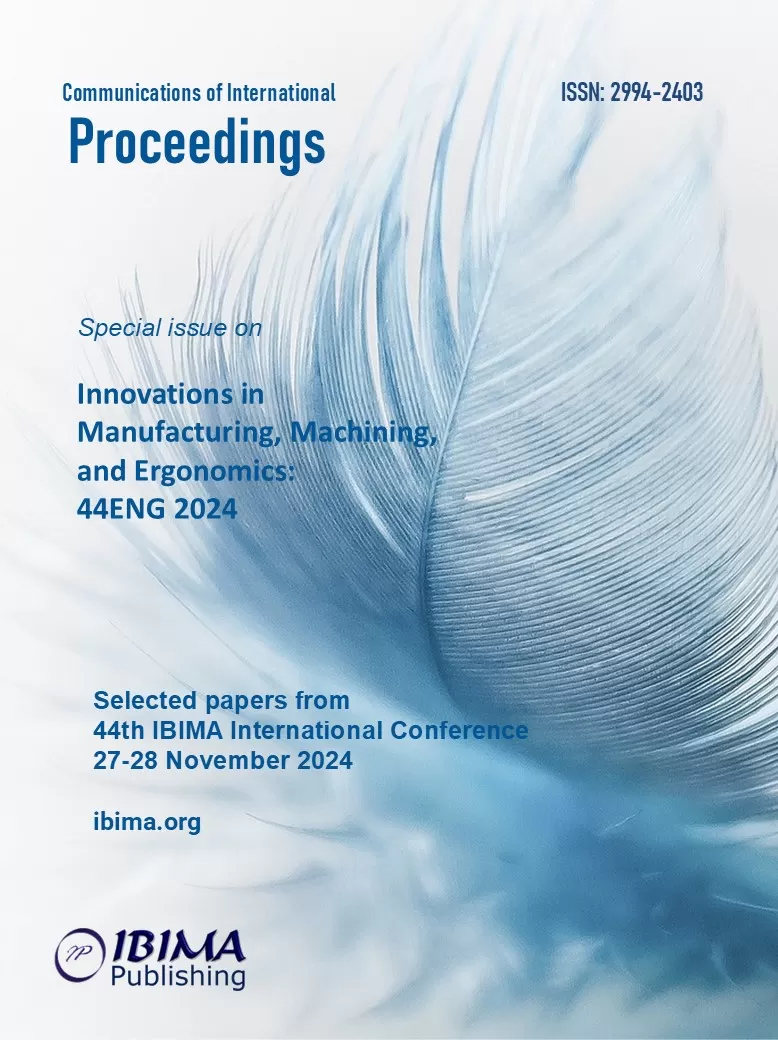
Jacek CZERNIAK, Anna GACEK and Olga HNATYSZAK
Krakow University of Economics, Krakow, Poland

The recycling of waste batteries encounters multiple obstacles, such as the need to establish efficient recycling networks, the significant costs involved in the process, and the technical difficulties associated with handling diverse battery types. Energy saving and emission reduction have become critical topics due to the depletion of natural resources and the persistent increase in greenhouse gas emissions. In 2021, 242,000 and 108,000 tonnes of portable batteries were sold and collected in the EU for recycling, respectively. In this work, the authors present a measurement device designed to improve the management process of hazardous waste, specifically small-sized batteries such as R6, R3, 18650 cells, and primary cells. The enhancement in waste management is achieved by accelerating the waste segregation process, a crucial step in recycling. The device discussed in this study facilitates testing measurements aimed at analyzing the current and voltage delivered by batteries and accumulators. Based on the results of these measurements, decisions can be made on whether the waste should undergo recycling or if it is suitable for continued use or regeneration. Collecting data in the form of electrical testing reports and photographic documentation will contribute to improved waste management and facilitate educational strategies aimed at raising public awareness of the proper use of small-sized batteries and accumulators. The sorting process using the device proved highly effective, and after the modifications, it is possible to assess the technical condition of small-scale accumulators such as the 18650 type and other types with a maximum voltage of up to 5V.